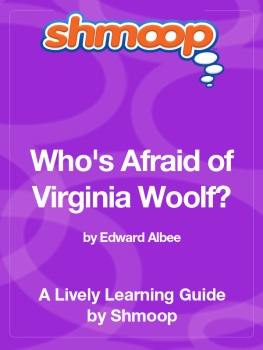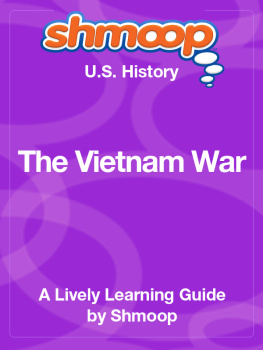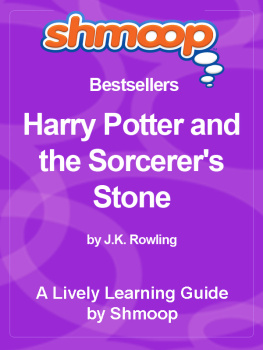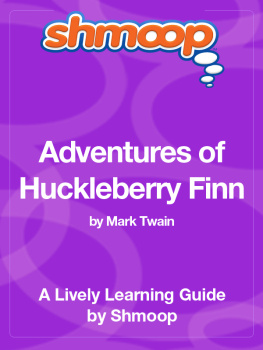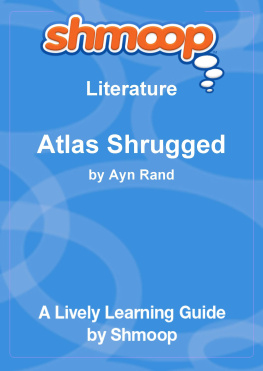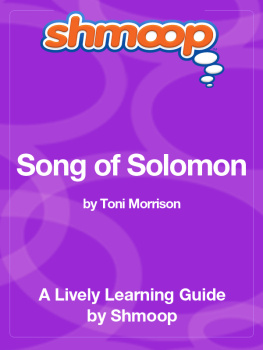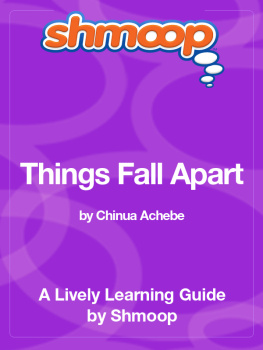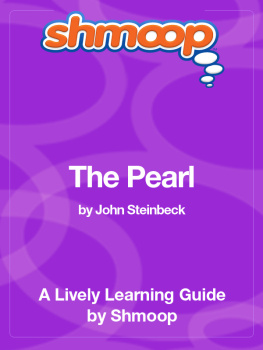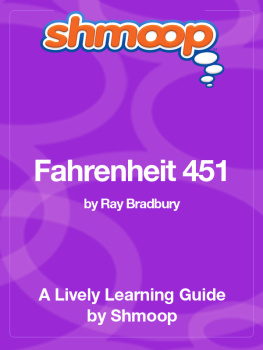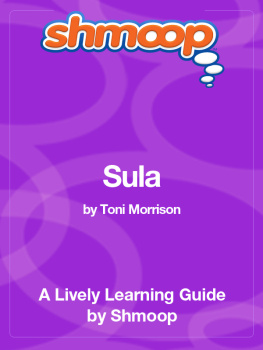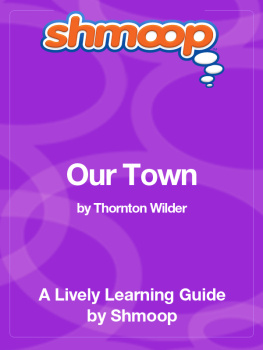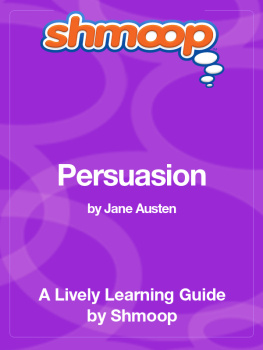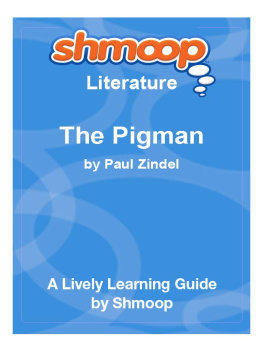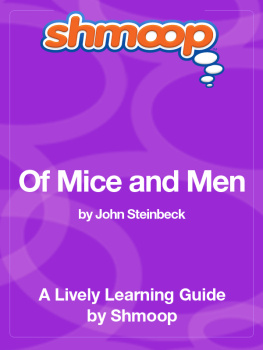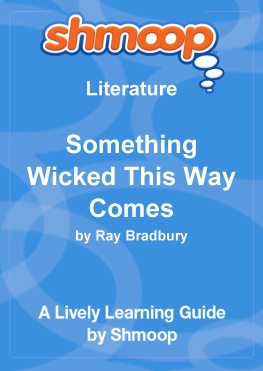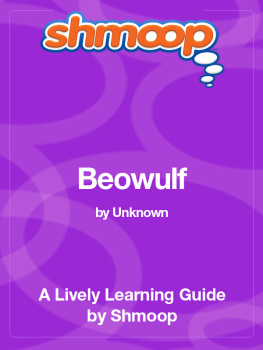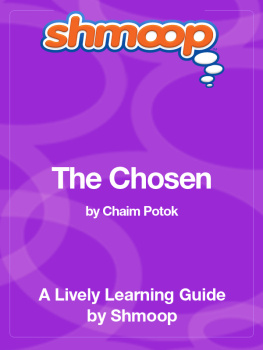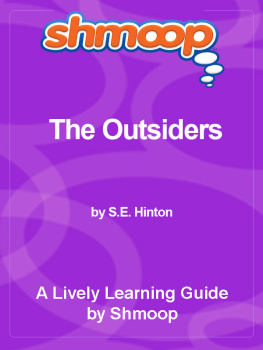
Table of Contents
In a Nutshell/Overview
Edward Albee was born in Washington, DC. At two weeks old, he was adopted by Reed and Frances Albee of New York. His name was changed from Edward Harvey to Edward Franklin Albee III. Little Edward's new name came from his adopted grandfather, E. F. Albee, who was a big time vaudeville producer. The family was very wealthy as a result of E. F. Albee's exploits. Edward was raised in Westchester, New York in the lap of luxury. His adopted mother, Frances, did her best to groom him into a respectable member of the upper class. Edward, however, had other plans. From a young age he resisted the upper class social circle he'd been brought up in. Eventually he dropped out of school and went to live the bohemian life in Greenwich Village. After working a bunch of odd jobs to stay afloat, he eventually scored big on Off Broadway with his first one act play The Zoo Story.
With the Broadway premiere of Who's Afraid of Virginia Woolf? in 1962, Albee went from promising young playwright to great American dramatist, and was perceived by many as having joined the ranks of Eugene O'Neill, Arthur Miller, and Tennessee Williams.
Who's Afraid of Virginia Woolf? didn't go off without controversy, though. Some audience members were shocked by its strong language and taboo sexual references. If you put the play on HBO today, it would probably seem tame, but in the early '60s it was accused of being perverse and dirty minded. The script won the vote for the Pulitzer Prize, but some thought it was just too controversial to be given the prestigious award. It was said that the play didn't present a wholesome image of America. As a result of the controversy, no one received the Pulitzer for Drama that year. This struck half of the Pulitzer panel as being so wrong that they resigned in protest.
No need to feel sorry for Mr. Albee, however. The play was a gigantic commercial success. Even though the play didn't receive its well-deserved Pulitzer, it was awarded the NY Drama Critics Circle Award and the Tony Award for best play. In later years, Albee went on to win three Pulitzers: A Delicate Balance (1967), Seascape (1975), and Three Tall Women (1994). Thus, Edward Albee has the distinction of winning more Pulitzer Prizes than any other playwright besides Eugene O'Neill. In 1996 Albee received the Kennedy Center's National Medal of Arts, and is considered by many to be America's greatest living playwright.
What's Up With the Title?
Albee never tells us exactly what the title is supposed to mean, and no one named Virginia Woolf ever shows up in the play. This all leads us to ask just who is this Virginia Woolf person? What does she have to do with the play? Was Albee just being totally random? Probably not. Let's investigate.
Virginia Woolf was a writer famous for her stream of consciousness style. Woolf tried to show the emotional truths churning behind the eyes of her characters; she tried to get inside their heads and really show what it was like to be them. Also, Woolf, like Albee, was a product of the upper class. Her work often criticized and peeled back the layers of pretension that masked her social peers. The fact that Woolf was all about truth and layer peeling, leads some to think that
Who's Afraid of Virginia Woolf? is just another way of asking, "Who's afraid to live without illusion?" Albee confirmed this in a
Paris Review interview in which he said, "Who's afraid of Virginia Woolf mean who's afraid of the big
bad wolf...who's afraid of living without false illusions" (source).
We think it's also possible that the meaning of the title could go beyond its specific reference to Virginia Woolf. It might represent a concept on which the play is based: absurdism. Absurdists believe that life has no meaning (at least not one that we can ever be sure of), therefore everything we do to create meaning in our lives is ultimately pointless or absurd.
So, what does that have to do with the title? Think about it, the title comes from a joke. It's a parody of "Who's Afraid of the Big Bad Wolf?" from Disney's
The Three Little Pigs. Some unknown person sang the parody at the party that the characters attended earlier, and it was apparently hilarious. Notice, though, that Albee never tells us in what context the little ditty was sung. It's like we're getting the punch-line to a joke but not the set-up. Or maybe, it's the set-up without the punch-line.
In any case, the title is a joke whose meaning the audience doesn't know. The characters are up there laughing it up, while the rest of us are left wondering just what's so funny. Doesn't that kind of sum up the whole absurdist view of life? It's all a big joke, whose meaning is ultimately unknowable.
What's Up With the Ending?
The main action of
Who's Afraid of Virginia Woolf? centers around the vicious battle of wills between George and Martha. Martha is a ruthless opponent, and George doesn't get the upper-hand until nearly the end of the play. After being brow beaten, humiliated, and cheated on, George defeats Martha with four simple words: "our son is...dead" (3.245). Martha reacts to this news by erupting into a bestial howl and collapsing to the floor.
It would seem pretty normal for Martha to react dramatically to the death of her son if she actually had a son. The thing is that George and Martha's son is purely imaginary. When they found out they couldn't have kids, they solved the problem by just making a kid up. Even though he's imaginary, both George and Martha have deep attachment to the boy. Martha reveals the depth of her feeling when she says that he is, "the one light in all this hopeless...
darkness" (3.401). The darkness in question is probably her "sewer of a marriage," which she also describes as "vile" and "crushing" (3.401).
This dream of a son seems to be so precious to both George and Martha because it's one of the few things they share. They created him together in order to escape from their "sick nights, and pathetic, stupid days" (3.401). The boy is the one bit of real intimacy that the unhappy couple shares. When George "kills" the son it's like he dropped a nuclear bomb. Now George and Martha are left with no illusions behind which they can hide. By the end of the play, they must stare, unblinkingly, into the charred battlefield that is their lives.
Writing Style
Realism/Absurdism
With
Who's Afraid of Virginia Woolf?, as well as some of his earlier plays like
The Zoo Story, Edward Albee succeeded in combining two types of drama: realism and absurdism. First let's talk about realism. Realist playwrights set out to write plays that seem real: the dialogue is similar to everyday speech; the settings are everyday kinds of locations, and the conflicts are generally issues that everyday people face.
Who's Afraid of Virginia Woolf? fits the bill for the most part because the characters all speak in a way that's believable, it's set in a totally normal living room, and it centers on a bickering couple.
In an Albee play, however, nothing is ever quite what it seems. What starts off as a realistic seeming situation quickly spirals into the realms of the absurd. The Theatre of the Absurd began in Europe in the wake of WWII, and was inspired by the existential philosophies of Albert Camus (who wrote many novels, including The Stranger and The Plague). In the absurdist view, there is no ultimate meaning to our lives. As a result, everything we do is therefore an absurd illusion, which we create in order to avoid the fact that nothing matters and we're all alone. Through cutting insults and gross humiliation the characters of

